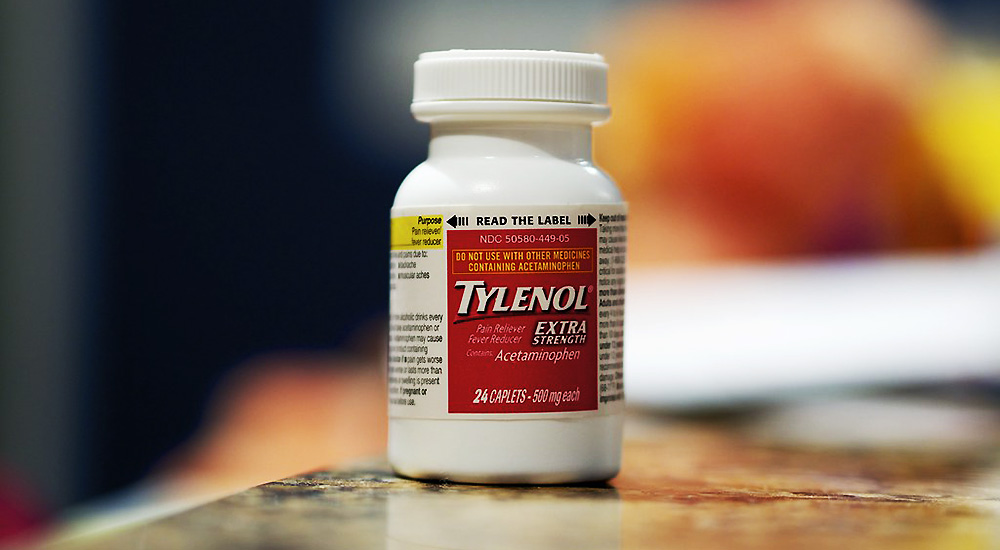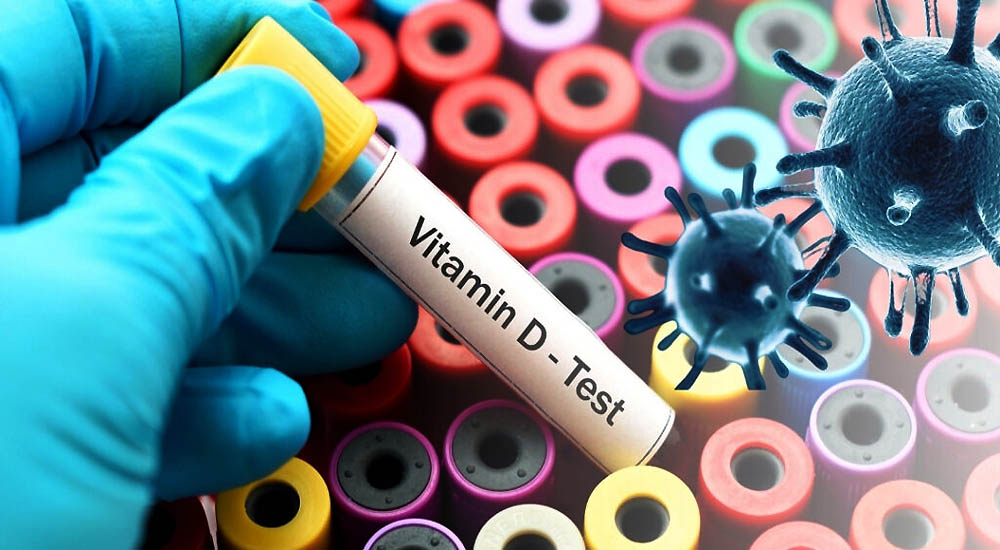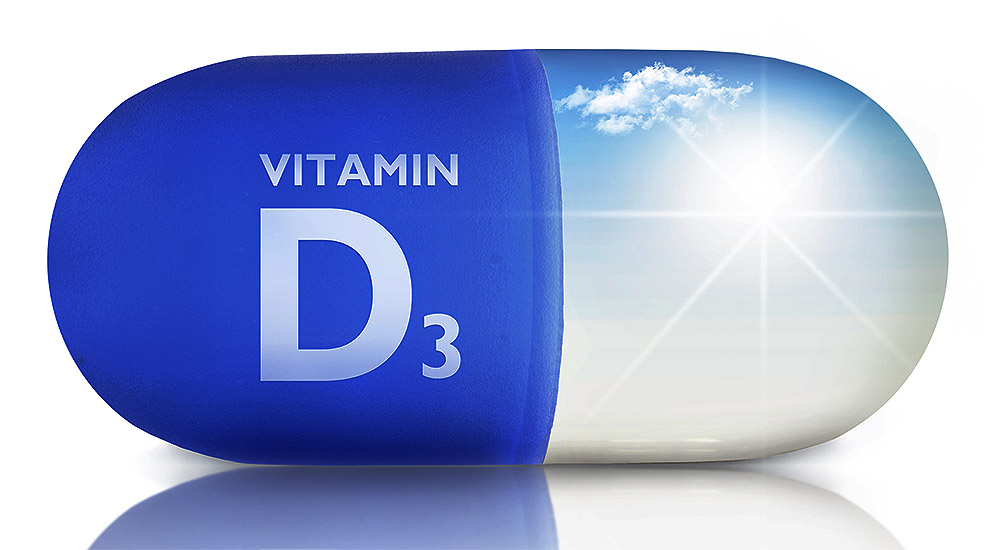Tylenol & Gluten Intolerance Linked to Liver Failure


How Toxic is Our Environment?
The statistics regarding toxicity in our environment are staggering. As an example:
• In the past 50 years more than 75,000 chemicals have been introduced into the environment. Today 300 synthetic chemicals are found in the bodies of humans. Even newborn babies have synthetic chemicals in their blood passed on from their mothers. Some of these chemicals have not been on the market for over two decades!
-REACH (Registration, Evaluation, and Authorization of Chemicals), a European Union program.
• Women who work at home have a 54% higher death rate from cancer than those who work outside the home. The 15-year study concluded it was as a direct result of the much higher exposure rate to toxic chemicals in common household products. -Toronto Indoor Air Conference 1990
• Further, according to the National Research Council, no toxic information is available for more than 80% of the chemicals in everyday-use products. Only 1% of toxins are required to be listed on labels because companies classify their formulas as “trade secrets”.
• Finally, within 26 seconds after exposure to chemicals such as cleaning products, traces of these chemicals can be found in every organ in the body. - Chec’s Health eHome, the resource for Environmental Health Risks Affecting Your Children
The Dangers Associated with Tylenol
The lecture I prepared discussed various chemicals, drugs, heavy metals, and food additives. What struck me as particularly critical for someone with gluten intolerance was research about Acetaminophen (best known as Tylenol).
Acetaminophen is the most widely used analgesic-antipyretic (used for pain and fever relief) in the US and the world. Acetaminophen is found in many medications, both prescription and over-the-counter. While Tylenol may be most familiar to you, acetaminophen is also found in:
• Anacin
• Benadryl
• Contac
• Dayquil
• Dristan
• Excedrin
• Midol
• Nyquil
• Paracetamol
• Robitussin
• Sudafed
• Triaminic
Common prescription medications that contain acetaminophen are:
• Darvocet
• Hydrocodone
• Percocet
• Vicodin
What Does Tylenol Do to Create Such Terrible Risk?
In 2005 research emerged that not only was acetaminophen toxic when used in a single large dose but that recommended doses of 4000 mg daily could also be toxic. Most cases of poisoning were reported in people taking a smaller dose or a long period of time. The cause however was unknown. [Ref: Clinical Nurse Specialist 2005 Jan-Feb;19(1):18-9. “Too much of a good thing: paracetamol (acetaminophen) toxicity: update for the clinical nurse specialist.”]
By 2007 researchers got an insight into the underlying cause and reported that the breakdown product or metabolite of acetaminophen was more toxic than the drug itself. [Ref: Expert Opinion on Drug Safety 2007 Jul;6(4):341-55. “Acetaminophen safety and hepatotoxicity–where do we go from here?”]
In a healthy body, toxins are “gobbled up” by antioxidants, glutathione being one of the most powerful. An ample supply of antioxidants is needed to keep the liver efficiently dealing with the toxins coming it's way.
By 2009-2010 it was finally understood that acetaminophen’s metabolite was responsible for depleting the stores of glutathione in the liver and the extremely toxic metabolite began to accumulate and cause injury to organs. The liver, kidneys, and lungs are all affected but the liver is particularly vulnerable. [Ref: Hepatology. 2010 Jan;51(1):246-54. “Novel mechanisms of protection against acetaminophen hepatotoxicity in mice by glutathione and N-acetylcysteine.”]
In fact, a study following 662 consecutive patients with acute liver failure, showed acetaminophen is responsible for a full 50% of all cases of liver failure. Half of those were from individuals whose livers’ failed after taking a therapeutic dose of Tylenol over several days! (not weeks or months – days.) http://www.nytimes.com/2005/11/29/health/29cons.html
When we combine this knowledge with the fact that those suffering from celiac disease have an 8-fold increased risk of death from liver cirrhosis, I think you see my concern. [Ref: Hepatology, Vol 46, No. 5 2007 “The Liver in Celiac Disease”.] In fact, the same research article found a 400% increase in celiac disease in 185 adults who had undergone liver transplantation.
How Does Gluten Increase the Risk of Liver Damage?
The underlying cause of gluten and liver damage appears to be autoimmune related.
Gluten is seen as a toxin and due to molecular mimicry, the body’s immune system mistakenly believes that an organ, in this case, the liver, is actually a toxic substance and thereby attacks it. Remember that the part of gluten that is most damaging is a protein and every cell in our body contains protein.
I’m not aware of any studies that compare the incidence of liver failure in the celiac vs. confirmed non-celiac with the added burden of acetaminophen ingestion, but putting the research together of each clearly shows that they could easily be a lethal combination.
As of last year, the FDA was considering lowering the recommended dose of acetaminophen in addition to possibly removing medications that use acetaminophen in a combined fashion with other drugs. Thus far however no change has occurred and I would wager that most people are unaware of the dangers.
Adults are not the only ones at risk, acetaminophen can be found in medications for children and infants. Please share this data with those you care about. Whether that person is young or old, suffering from gluten intolerance or not, I believe this information is important to make known. You could very well save a life.
Let me know if I can be of any assistance to you and let me know what other topics you’d like to see me discuss. We see patients from across the country as well as internationally at our Destination Clinic. We are here to help.
Do you need help with your health?
We have the diagnostic and testing tools, the clinical experience, and a different medical approach to discovering the root cause of why you have the symptoms that are bothering you. As long as you are ready to make some dietary and lifestyle changes, we can help you. We will "hold your hand" through the changes, step by step, to make each step an easy one. We are located in Clearwater, FL, at 1000 S Ft Harrison, at the corner of Ft. Harrison Ave. and Magnolia St. There is plenty of parking space directly accessible from Ft Harrison. If it is not convenient for you to come to Root Cause Medical Clinic, we offer telehealth/telemedicine consultations to residents of certain states. Call us for details.
Contact us for a Consultation – Call 727-335-0400

Dr. Vikki Petersen DC. CCN
Founder of Root Cause Medical Clinic
Certified Functional Medicine Practitioner
Dr Vikki Petersen is a public speaker, author of two books, several eBooks and creates cutting edge content for her YouTube community. Dr Vikki is committed to bringing Root Cause Medicine and its unique approach to restoring health naturally to the world.
Ask a Doctor
Have a health concern you'd like to speak with a doctor about? Or just want clarity on a subject? Ask Us!


